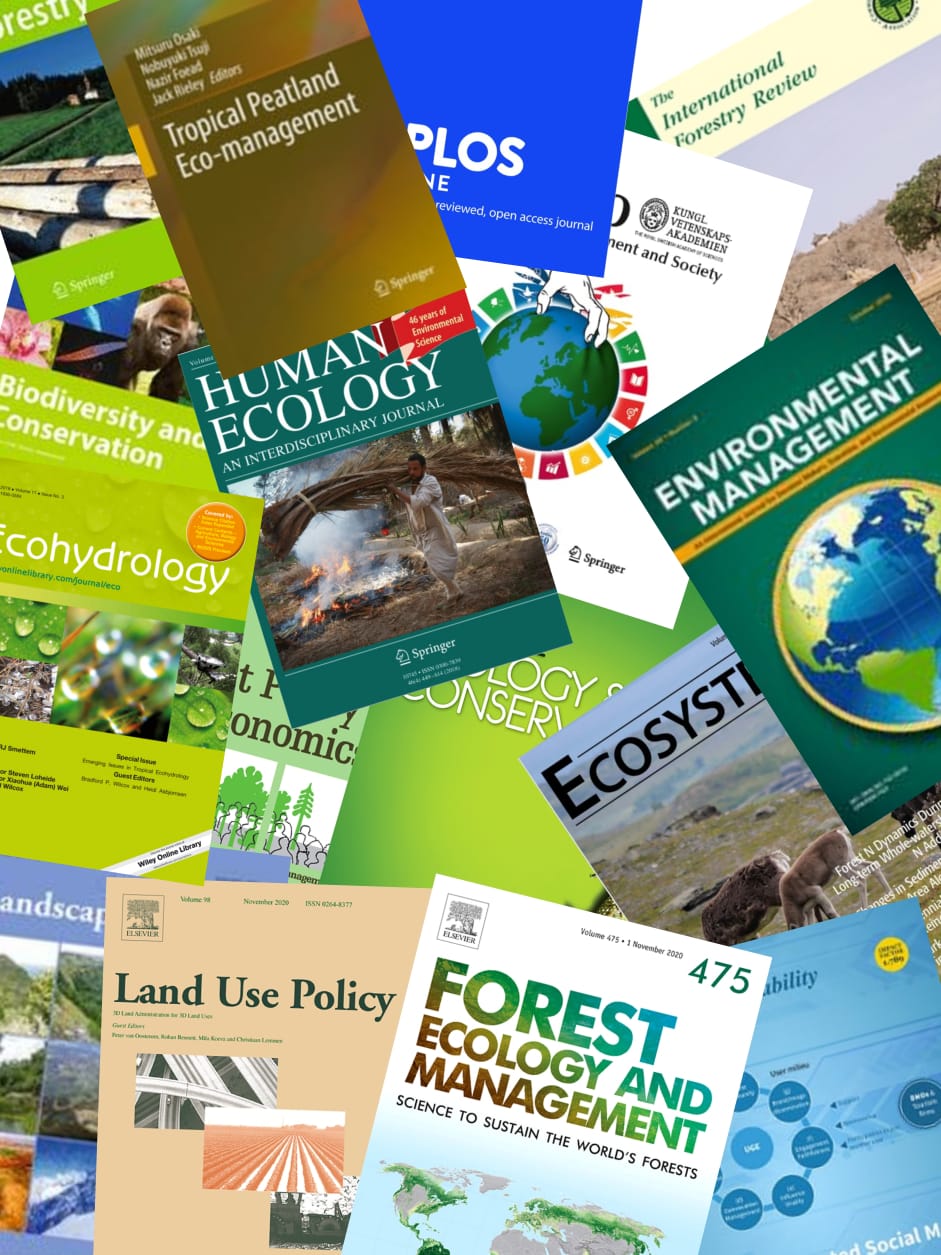Each year, between February and April, a thick cloud of haze pollution blankets South and Southeast Asia, triggering numerous environmental, health (respiratory diseases) and political-economic problems (reduced tourist numbers, air traffic disruptions). While the physio-chemical and biophysical drivers (lack of rainfall in the dry season, temperature inversion, biomass combustion in particular) of seasonal air pollution have been extensively studied, the social and economic drivers and consequences are much less well understood. In this paper we argue that the recently dubbed, haze crisis ", is mediated by historically situated narratives of upland - lowland, Thai - ethnic and urban - rural relations that co-constitute environmental knowledge of the causes and effects of air pollution. In this way, air pollution is as much socially as it is materially produced through, for example, customary uses of fire for forest management and agrarian transitions to plantation agriculture. Further, these long-standing social divisions drive environmental knowledge and policy in the region that often challenges rural livelihoods familiar as well as novel ways. Our article presents the first results of a research project started in autumn 2018, focusing on its contribution to the sociology of knowledge, the ethnology of Southeast Asia and the anthropology of environmental crises in tropical areas."
View source

